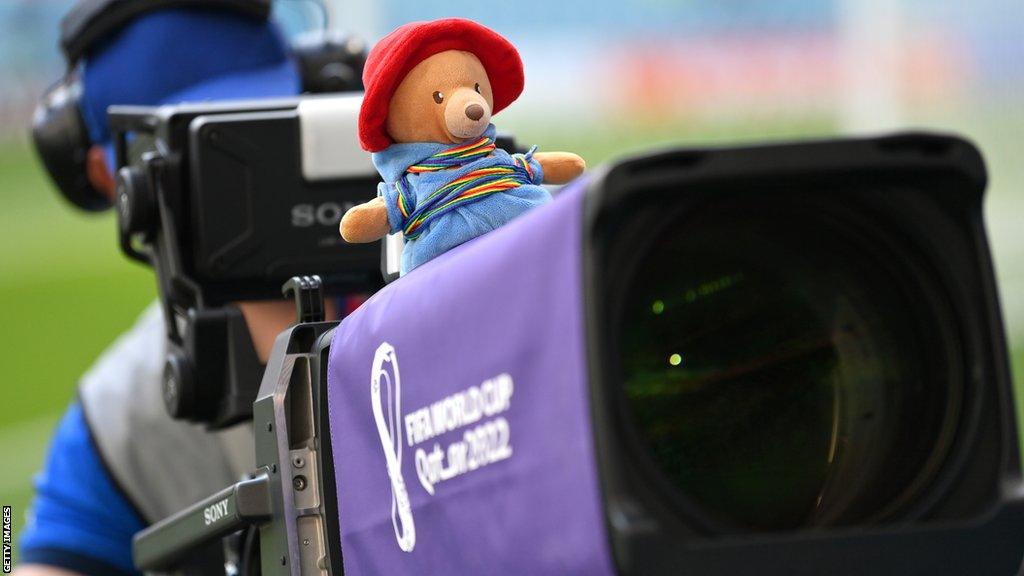BBC vs. Jack Murley: The Battle Over Homophobia Allegations and “Anti-Wokeism”

So, grab your popcorn because the ongoing saga between the BBC and fired presenter Jack Murley just got a twist that’s hotter than a summer in Cornwall! Murley, who was let go after tweeting his discontent with radio job cuts, is throwing down some serious claims of discrimination tied to his sexuality. In the first round of his legal fight, which wrapped up recently, the tribunal sided with the BBC, dismissing his initial arguments about wrongful dismissal. But hold on, because the juicy details are just getting started!
Murley alleged that he faced homophobic discrimination and harassment that made his work environment toxic. And while he didn’t win this round, he’s still got more ammo. The next hearing is expected to tackle the fallout surrounding his dismissal more closely, and if the internal review of BBC Radio Cornwall’s conduct is any indication, this drama is far from over. The tribunal found that the internal investigation into Murley’s claims of homophobia at BBC Radio Cornwall actually revealed broad managerial failures. Basically, the BBC’s own internal review didn’t fully exonerate them—it pointed to significant room for improvement, with eight of Murley’s twelve allegations being deemed credible.
One highlight, if you can call it that, comes from a report that details how a certain employee parked a homophobic article from *The Spectator* right in their office kitchen! The article, which dropped some controversial “anti-wokeism” rhetoric, was later removed by management, but its presence raises eyebrows. It echoed larger debates about free speech in the LGBTQ+ discourse—a topic that’s been trending in the UK, especially as anti-queer rhetoric seems to be resurging in public conversations.
So what’s next for Murley? He’s keeping tight-lipped but grateful, thanking the National Union of Journalists for their support. As the spotlight shines brighter with the next tribunal set for October, the case is pulling in the LGBTQ+ community and broadcasting standards into a fascinating, albeit troubling, examination of how workplaces handle matters of identity and discourse in 2023. Stay tuned, because this isn’t just a legal battle; it’s a cultural moment that’s shaping the future of broadcasting.
Sources: Celebrity Storm Wire and Deadline, The Guardian, Queer Eye Magazine, LGBTQ+ News Network




